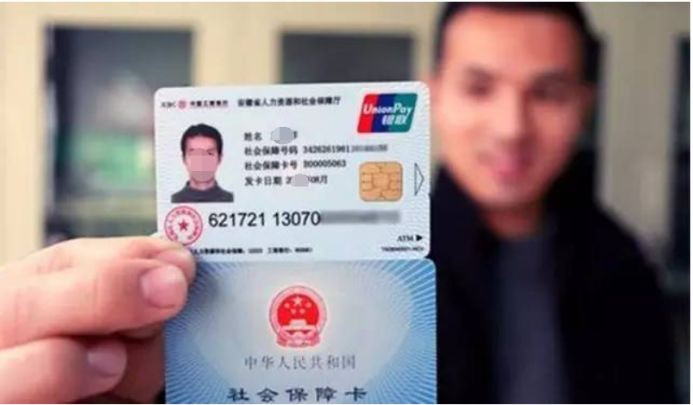Contents
According to Chinese Labour law and Labour Contract Law, China’s social security system consists of five mandatory insurance schemes, which include Pension (Endowment Insurance), Medical Insurance, Unemployment Insurance, Maternity Insurance, Work Injury Insurance, as well as the Housing Provident Fund. Generally speaking, we called “Five Insurances and One Fund” in China. Due to the Regulations on the Administration of Employment of Foreigners in China, foreign employees in China have been required to contribute to social security. In this article, we take Shanghai as an example to explain what is the Five Insurances and One Fund of the social security system in China.
Pension (Endowment Insurance)
First of all, to solve the problem of the laborers in retirement, China introduced a national pension system that requires employers and employees to contribute.
Both employees and employers are required to contribute to the pension system. Employees contribute based on their personal wages, at a rate of up to 8%, and employers contribute a percentage of around 20% of the total wages paid to their workers. There is a specific contribution rate that varies from region to region in China. In Shanghai, the Endowment Insurance rate was reduced to 14% for the employer and 8% for the employee.
Medical Insurance
In 1998, the China State Council issued a regulation on establishing a basic medical care system for employees in urban areas.
In China, urban employees’ basic medical insurance is obligatory insurance, and the healthcare costs are paid by the employer and employee. Both employees and employers are required to make contributions to the basic medical insurance system. Thus, employees contribute 2% of their individual wages, and employers usually contribute between 6% and 12% of the total wages. In Shanghai, employers have to pay 9.5% into the system.
Unemployment Insurance
Unemployment Insurance is a system that was enforced by the China State Council in 1999. It is set up by employers, individual payment of employees, and national financial subsidies to raise funds. Assisting the workers whose sources of livelihood are temporarily interrupted due to unemployment. In Shanghai, for example, the employer’s rate and the employees’ rate are the same rates of 0.5%.
Maternity Insurance
According to the Special Provisions on the Protection of Female Employees, in Shanghai, female workers are entitled to 128 days of maternity leave at a rate equal to at least the average wages. To protect women, employers usually contribute 1% of the basic wages.
Injury Insurance
Injury Insurance is an important part of social insurance. When the laborers from the third person other than the employer violations of an industrial accident, accidents at work responsibility will have the dual nature of the work-related injury insurance claims and tort damages competing situation.
According to the health and safety risks of specific industries and locations, employers contribute to rates of 0.26% of the total wages in Shanghai.
Notes: The standard rates of Social Insurance will be adjusted every year.
Housing Provident Fund
The Housing Provident Fund was first established in 1999. The system provided a lot of help for the development of China’s housing security system through personal housing fund loans, housing fund drawings, and supports for low-rent housing.
Employees can apply for preferential rate mortgages, cover housing repair and maintenance fees, and housing rent subsidies. If employees don’t use it, the fund can be returned after retirement by the employees. The rate of the Housing Provident Fund for employers and employees is 7% in Shanghai.
Generally, the Housing Provident Fond is only applicable to Chinese employees, foreign employees are not required to contribute to the housing fund scheme. But if foreigners are thinking of buying a home in China, many cities allow them to make housing fund contributions voluntarily to attract Talent.
The social security bilateral agreement in 12 countries
To avoid double payment of Social Security by foreigners, China has signed social security bilateral agreements with 11 countries, which include Germany, South Korea, Denmark, Canada, Finland, Switzerland, Netherlands, Spain, Luxembourg, Japan, and Serbia. Due to the agreements, if the foreigner has paid the social security in one country, the other country is obliged to remove the social security obligation.
Conclusion
If you are a newly established foreign company, HR service becomes even more important because there are aspects like payroll, benefits, taxes, and hiring, that are different in China compared to other countries. GWBMA provides one-stop business services for enterprises, including registration, location, Accounting & Tax, HR outsourcing, and legal services.



